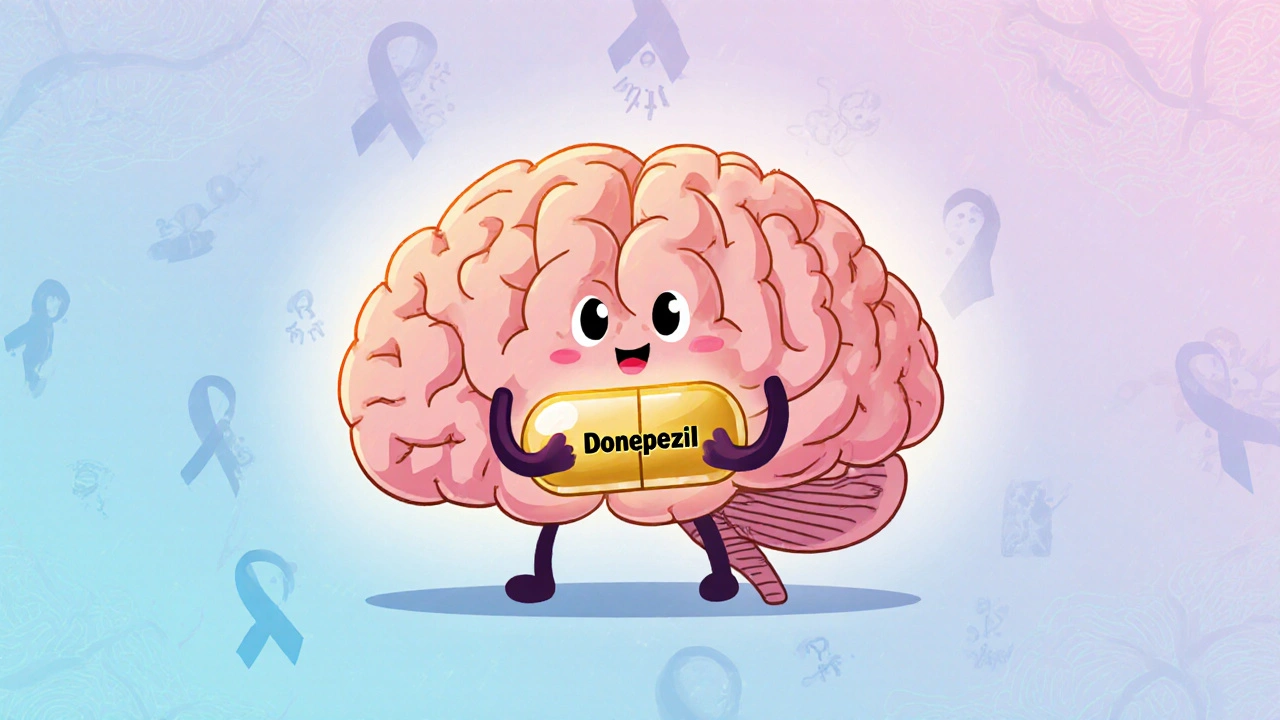Alzheimer's Disease: Causes, Symptoms, and What You Can Do
When someone talks about Alzheimer's disease, a progressive brain disorder that slowly destroys memory and thinking skills. It's the most common cause of dementia, affecting over 6 million people in the U.S. alone. It’s not just forgetting where you put your keys—it’s forgetting how to tie your shoes, recognizing loved ones, or even speaking. This isn’t normal aging. It’s a physical breakdown in the brain, with tangled proteins and dead nerve cells that don’t come back.
Alzheimer’s doesn’t happen overnight. It creeps in. Early signs are often mistaken for stress or tiredness: missing appointments, repeating questions, struggling to find the right word. As it moves forward, people lose the ability to manage money, follow a recipe, or navigate a familiar street. The brain shrinks. The hippocampus, which handles memory, gets hit first. Then areas that control language, reasoning, and behavior. This isn’t just a memory problem—it’s a full-system failure. And while there’s no cure yet, treatments like donepezil and memantine can slow symptoms for some. Lifestyle factors—exercise, sleep, heart health—also play a big role. Studies show people who stay physically active and socially engaged decline slower. Even managing high blood pressure or diabetes helps, because what’s bad for your heart is bad for your brain.
There’s also a growing understanding of how genetics and inflammation tie into Alzheimer’s. Some people carry the APOE4 gene, which raises risk, but having it doesn’t mean you’ll get it. Others develop the disease with no family history. Researchers are now looking at brain scans, blood tests, and even gut health as clues. What’s clear is this: early detection matters. The earlier you spot changes, the more time you have to act—whether that’s adjusting meds, starting therapy, or planning for the future.
Below, you’ll find real, practical guides on medications, symptom management, and how other conditions like diabetes or heart disease connect to brain health. No fluff. Just what works, what doesn’t, and what you need to know next.
Donepezil’s Emerging Role for Treating Neurodegenerative Disorders Beyond Alzheimer’s
- Keith Ashcroft
- |
- |
- 15
Explore how donepezil, long used for Alzheimer’s, may help treat Parkinson’s, Lewy body dementia, Huntington’s and other neurodegenerative disorders, with evidence, safety tips, and future trial updates.
View more
